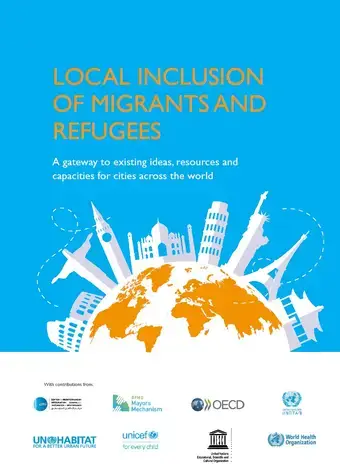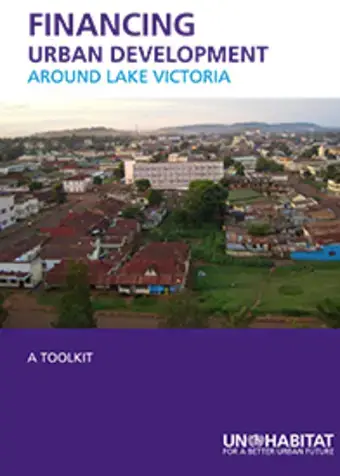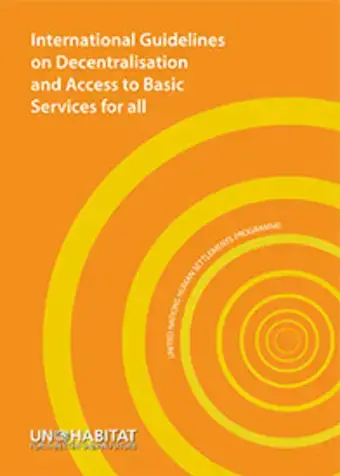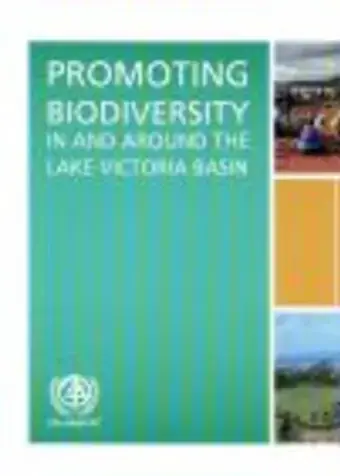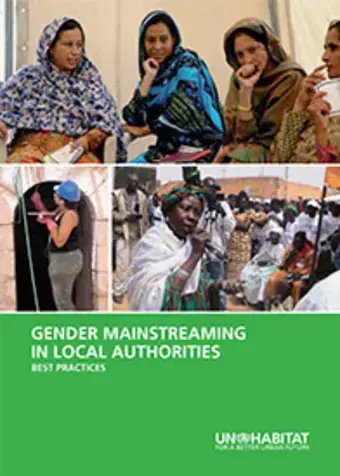Nairobi, 20 November 2014: The importance of empowering local authorities to enable them to implement concrete changes to urban development has been highlighted at a recent meeting of more than 1,000 representatives of national, state and local government in the Gujarat city of Gandhinagar.
Transport and Mobility Snapshots , Report from UNACLA
 This illustrated report provides a rich collection of images of sustainable urban transport and mobility initiatives from cities around the world which are represented in the United Nations Advisory Committee of Local Authorities (UNACLA). The collection considers the current transport situation and challenges faced by each city - this includes high levels of energy consumption, carbon dioxide emissions, congestion, road casualties, urban sprawl, and social exclusion.
This illustrated report provides a rich collection of images of sustainable urban transport and mobility initiatives from cities around the world which are represented in the United Nations Advisory Committee of Local Authorities (UNACLA). The collection considers the current transport situation and challenges faced by each city - this includes high levels of energy consumption, carbon dioxide emissions, congestion, road casualties, urban sprawl, and social exclusion.
The Competitiveness of Cities
 Due in part to the emergence of active local leaders in many cities and in part to the fiscal weakness of most national and sub-national governments, policies designed to enhance the competitiveness of cities have become arguably the most crucial element in increasing the economic vitality of urban economies during the past two decades.
Due in part to the emergence of active local leaders in many cities and in part to the fiscal weakness of most national and sub-national governments, policies designed to enhance the competitiveness of cities have become arguably the most crucial element in increasing the economic vitality of urban economies during the past two decades.
Property Tax Regimes in East Africa
 The report covers three basic issues: property tax legislation and practice, the significance and magnitude of property tax revenue, and the prospects of property taxation in the three East African countries. For instance, during the period of analysis, property taxes contributed quite a small percentage (on average 0.054%) of annual national revenue in Kenya and between 23-27%of annual municipal council revenue.
The report covers three basic issues: property tax legislation and practice, the significance and magnitude of property tax revenue, and the prospects of property taxation in the three East African countries. For instance, during the period of analysis, property taxes contributed quite a small percentage (on average 0.054%) of annual national revenue in Kenya and between 23-27%of annual municipal council revenue.
